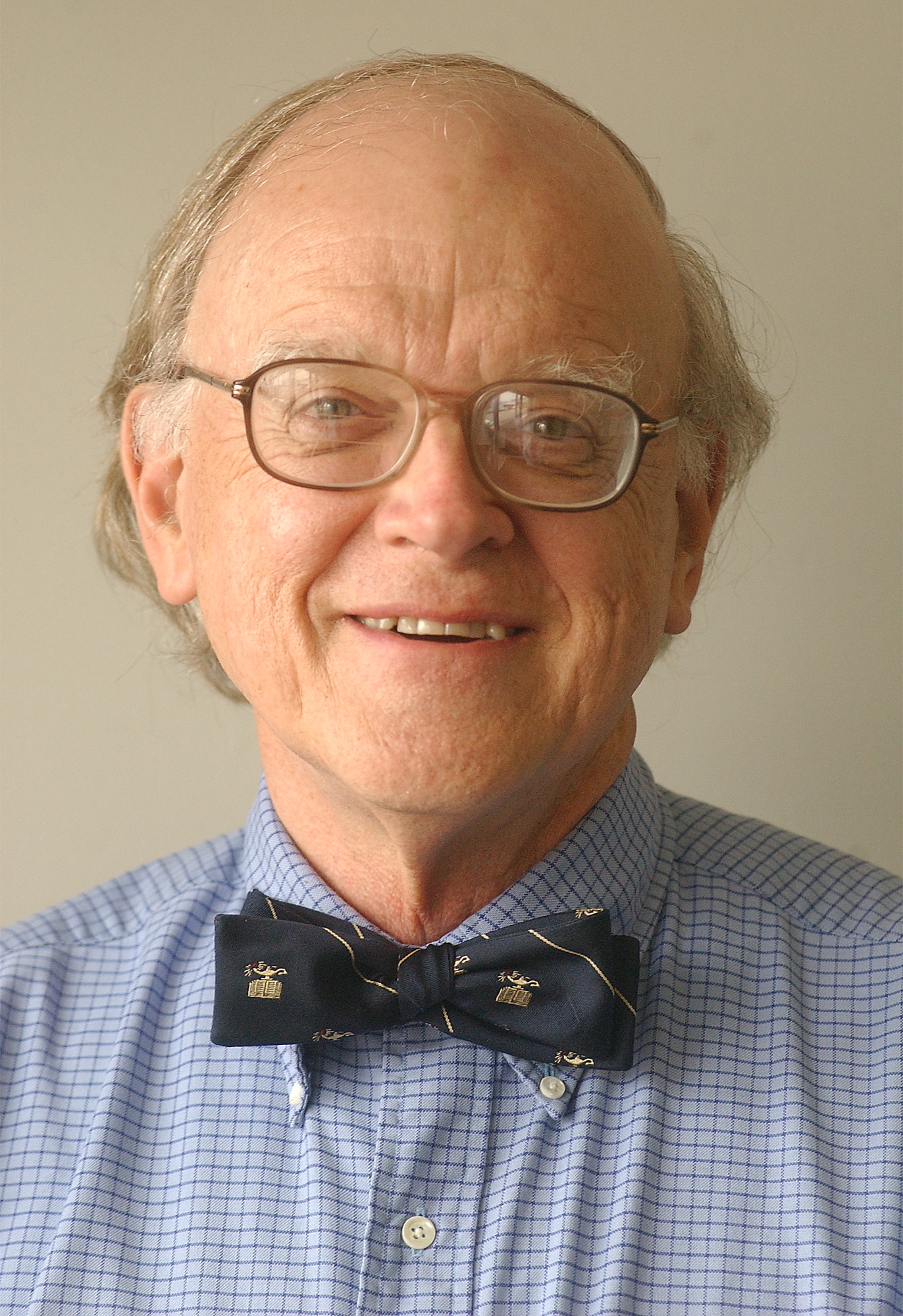In early boyhood, Joey Barnett posed his first scientific question to his mother: "Why do leaves change color?"
She responded, "It's because of the cold."
A few days later, she was surprised to find her refrigerator filled with green leaves. This was her son's first scientific experiment. It presaged a career of scientific inquiry.
The career of Vanderbilt scientist Joey Barnett, Ph.D., illustrates the challenges and opportunities confronting biomedical scientists. We shared an informative hour during his recent visit to Chattanooga for an American Heart Association meeting.
The definition and solution of a problem in basic science often requires years of study and experimentation by a diversely talented team using sophisticated approaches. Sometimes research leads up a blind alley. On other occasions, important, unanticipated discoveries are made.
Dr. Barnett began his career in pharmacology, studying the effects of chemical stimulants on brain cells. Curiosity led him to developmental biology, specifically the growth and development of heart cells in chick embryos. Working with colleagues at Vanderbilt and other institutions, he studied how these cells respond to various chemicals. Questions were posed: How do primitive cells specialize to form heart valves and blood vessels? What accounts for abnormal development?
A growth factor, Transforming Growth Factor beta, was identified along with the cell's receptor for this substance. These discoveries provided insights into defects in the hearts of infants. The work may lead in the future to better replacement valves or new arteries for diseased hearts.
As happens often in studies of life's most basic processes, linkages were discovered that relate this same growth factor to the spread of malignant cells. Work begun under the auspices of cardiology might therefore influence therapy for cancers.
Years of basic investigation open the doors for numerous clinical applications. These ideas are picked up and developed by private companies in the rapidly growing field of biomedical technology. For years, the U.S. was the unquestioned leader in this arena, but robust scientific programs in China and India now challenge our position as those nations pour more resources into the training of scientists and the funding of research.
Few private companies can afford to fund basic scientific research because of the time, manpower and resources that must be invested. Basic science is the generator of discoveries which companies develop and take to market.
Basic research is costly. Its principal funding source is the National Institutes of Health, which allocates approximately $30 billion annually to basic scientific projects. Competitive grants support projects and the scientists who design and execute them.
But these allocations have not risen with inflation. Foundations such as the American Heart Association and the Bill and Melinda Gates Foundation provide vital support for young scholars as well as support for research in basic and applied science.
As important as financial support, a steady supply of highly educated scientists across a wide range of disciplines is crucial for the advancement of basic science. Barnett leads a team that involves mathematicians, biochemists, geneticists, computer experts, biomedical engineers and pharmacologists.
Complex investigations often require close collaboration among several laboratories and universities. Individual scientists must possess broad learning and diverse skills to participate in these teams. Barnett, for example, holds appointments at Vanderbilt in clinical pharmacology, medicine, pediatrics, and microbiology and immunology.
Education for careers in science, mathematics and engineering cannot be deferred until college or graduate school. Preparation begins in primary school. Mathematics, in particular, must be presented in an unbroken, steadily accruing sequence from elementary to middle to high school. A school system with an indifferent curriculum in math and science denies opportunities for bright, energetic and curious students to thrive and to reach for careers in scientific investigation.
The development of the next generation of scientists is necessary for our physical, economic, environmental and technologic well-being in an increasingly complex and competitive world.
Contact Clif Cleaveland at cleaveland1000@comcast.net.
